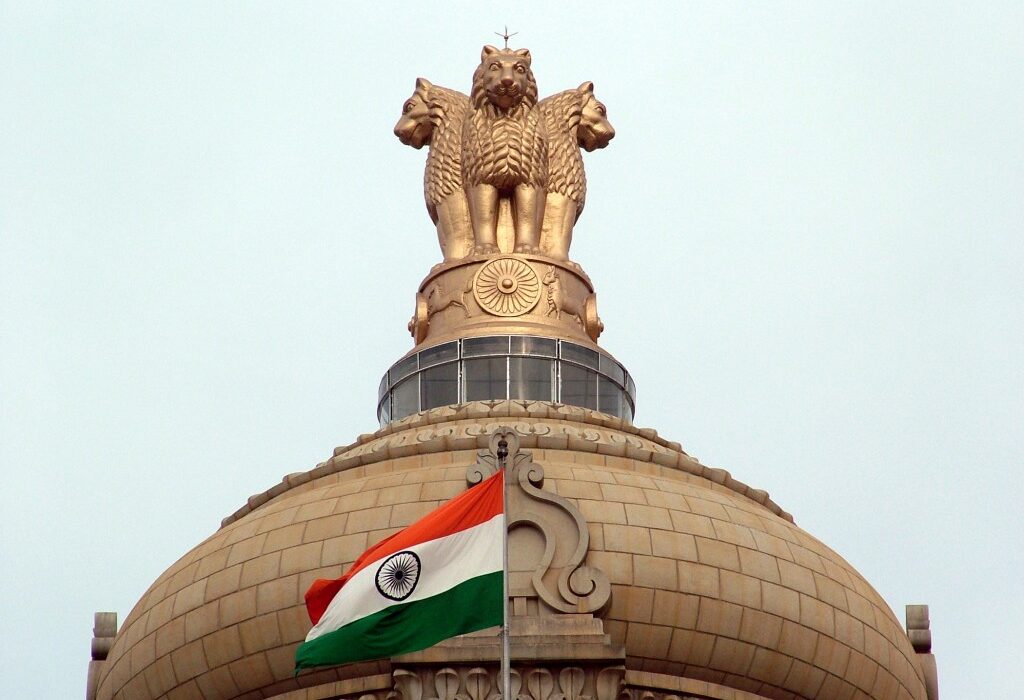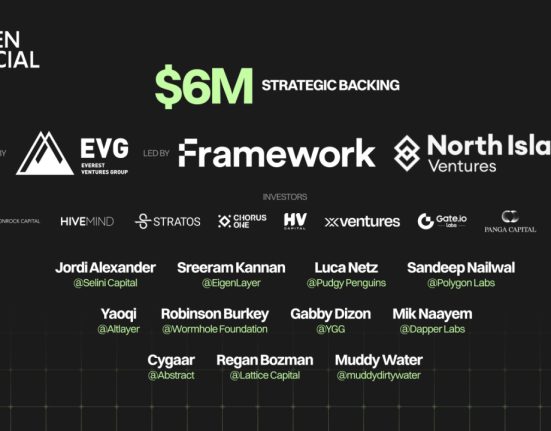
Bitcoin and other cryptocurrencies are mostly seen as an asset class to invest to profit from price increases. Some establishments in the United States have begun to accept them as payment methods. Tesla notably began taking it before discontinuing it a few months ago due to environmental concerns. However, CEO Elon Musk has stated that they may accept it again shortly.
The Failure of Crypto in India
However, cryptocurrencies never succeeded in acquiring widespread adoption in India. This is due to the strong opposition from the government and the Reserve Bank of India.
In India, cryptocurrencies are neither legal nor prohibited. Banks have recently begun to distance themselves from bitcoin exchanges, ostensibly at the request of the RBI. Other government entities have started to tighten their grip on these tokens as well.
Concerns regarding crypto
Their main fear is that the anonymity provided by the blockchain network, the technology that underpins cryptocurrencies. They fear that it would encourage tax evasion, terror financing, and other criminal activities. On the other hand, businesses are taking further steps to track where the money is coming from. However, countries like Nicaragua and El Salvador, for example, have welcomed cryptocurrencies. In addition to that, El Salvador is now the world’s first country to use Bitcoin as legal money.
The Rug Republic
However, one Indian business has taken the plunge and begun taking cryptocurrency payments. One of them is The Rug Republic, a locally owned and operated home décor company. The Okhla, a Delhi-based company, said that it would accept payments in the top 20 cryptocurrencies but exclusively from Indian consumers.
Clearing Misconceptions
Raghav Gupta, Director at The Rug Republic, clearing the misconception, said:
“It is a misconception that nobody can track crypto transactions. It is easily verifiable on the blockchain instead of the complicated ways of hiding money in the real world, as we have seen with so many people during the Panama Papers episodes. Our invoices mention that money was taken in a certain currency on this date and at this price. Everything is absolutely above board,”
He also mentioned he sells his items outside of India. Additionally, he said his company would not take crypto payments outside of the country because such transactions may violate the Foreign Exchange Management Act (FEMA). This is because the cross-border payments are in a currency that the RBI does not recognise.














